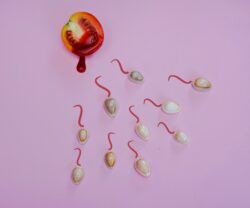Best Diet for Fertility Over 40
If you’ve come to this article looking for ways to improve fertility over 40, then you are likely already aware that a woman’s chances of getting pregnant decrease with age meaning getting pregnant after 40. While there is nothing we can do to prevent the aging process there are several dietary changes, fertility supplements and lifestyle changes that you can make to improve your egg quality after 40, and ultimately improve your chances of pregnancy.
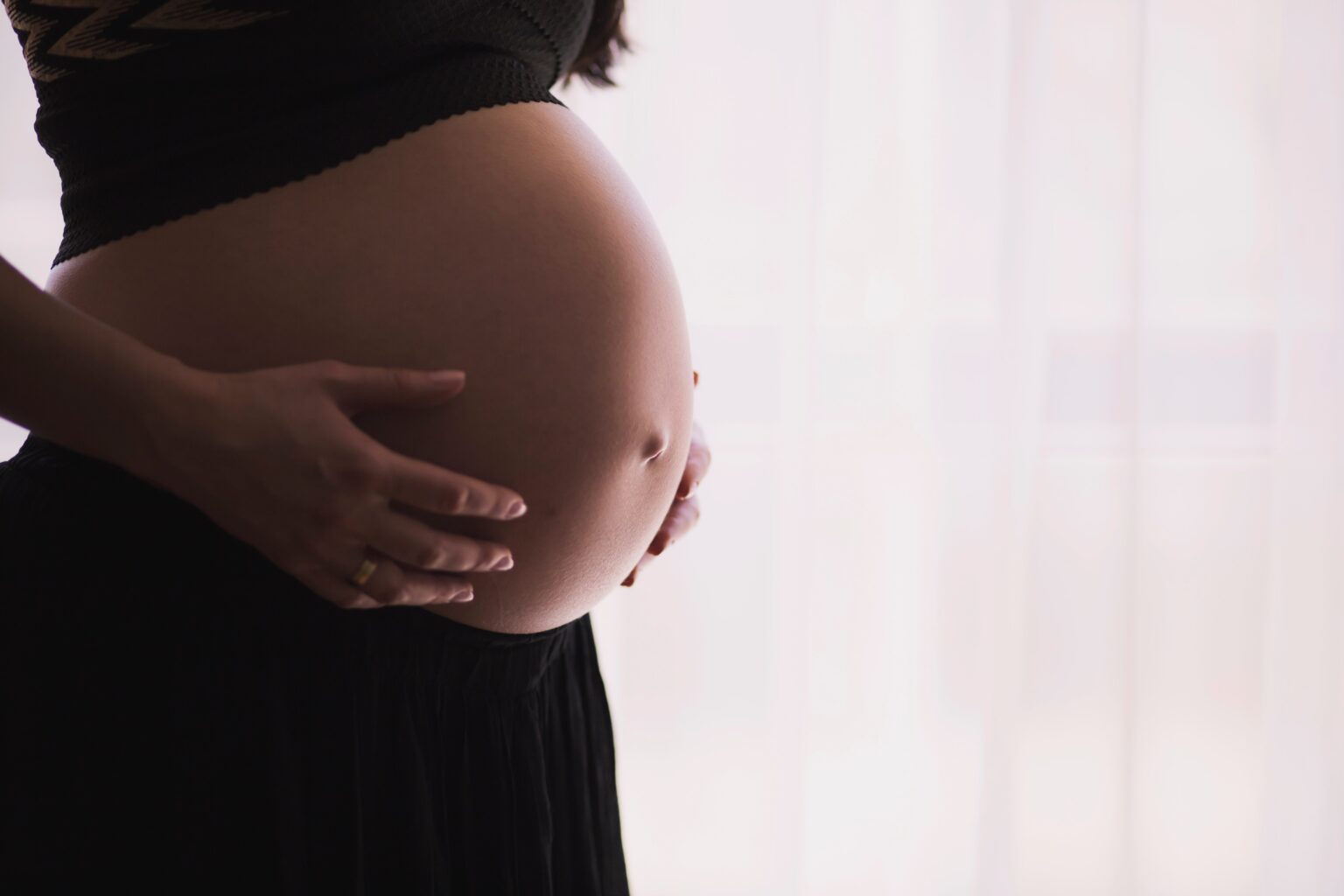
WHAT DOES AGE HAVE TO DO WITH EGG QUALITY?
As a woman ages, the percentage of abnormal eggs they produce goes up tremendously. As women age, their ovaries gradually lose the ability to adequately support the development of a growing egg. Although both are true, this doesn’t mean that it is impossible to conceive in your late 30s or 40s. It just means you may need more assistance or that it may take a little longer. According to ACOG, by age 40, around 1 in 10 will get pregnant per menstrual cycle. When compared to healthy couples in their 20s and early 30s, approximately one out of four women will conceive during a single menstrual cycle.
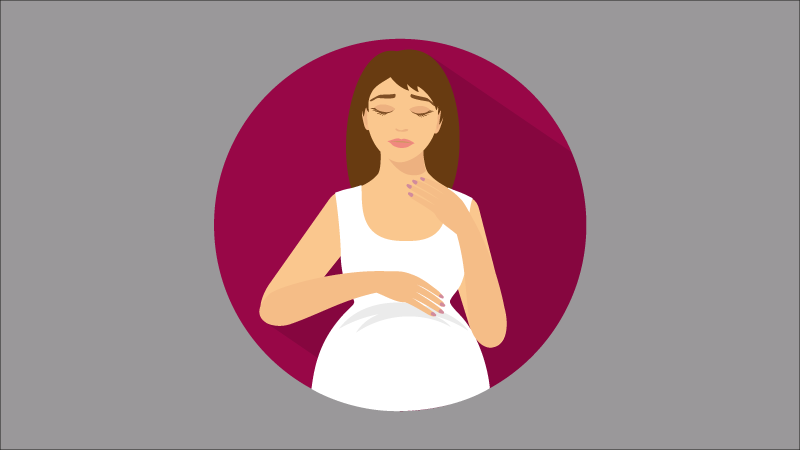
FOODS FOR FERTILITY OVER 40
Trying to conceive later in life is relatively common in recent years. This could be due to focuses such as career and being financially stable. If this is your situation we are here to help. There are diet and lifestyle choices you can make to improve your chances of conception. Let’s go over the foods that support fertility if you are over 40….
A MEDITERRANEAN DIET FOR WOMEN OVER 40
The Mediterranean diet pattern emphasizes minimally processed fruits, vegetables, whole grains, legumes, nuts and seeds. The primary fat source is olive oil. Dairy, eggs, fish and poultry are consumed in moderate amounts. Alcohol, predominantly red wine, is included in a Mediterranean diet but is only consumed in low to moderate amounts with meals. While red meat may also be eaten in very small amounts, the consumption of fish and legumes, and to a lesser extent, poultry, predominate.
The benefits of the Mediterranean diet pattern appear to relate to its lipid-lowering properties, its strong antioxidant and anti-inflammatory effects and its actions on the gut microbiota.
Observational studies have shown that adherence to a Mediterranean diet pattern was shown to have the greatest impact on reproductive outcomes in women under the age of 35 years.
An obvious way to counteract the adverse effects of oxidative stress is to increase antioxidant intake, which may in part explain the benefits of the ‘Mediterranean diet’.
A study found the role that omega-3s can play in improving egg quality with lifelong consumption of a diet rich in omega‐3 fatty acids prolonging reproductive function into advanced maternal age, while a diet rich in omega‐6 fatty acids was associated with poor reproductive success at advanced maternal age.
HOW TO IMPROVE PROGESTERONE LEVELS NATURALLY
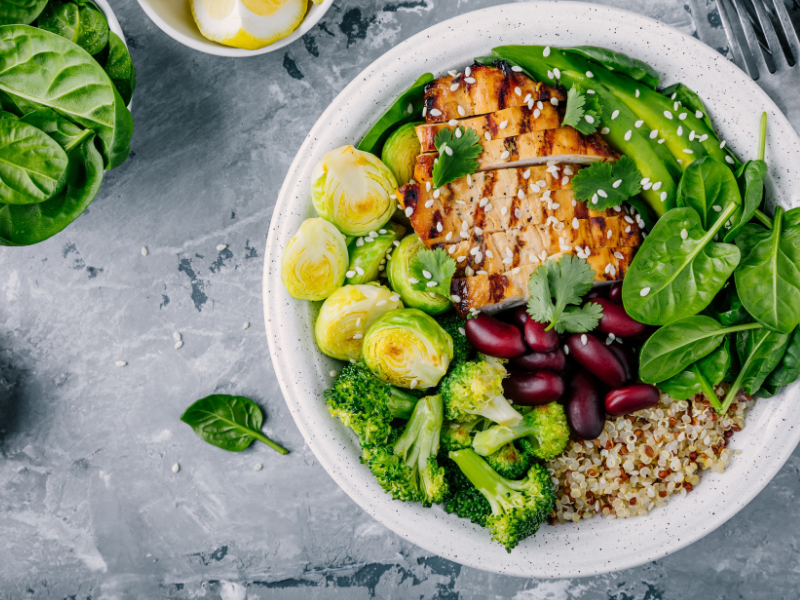
Very Low-Calorie Diet
One study suggested that VLCDs may be beneficial for AMH levels, which is consistent with studies that suggest a healthy weight is beneficial for AMH levels.
Coffee
A study of Japanese women found that those who went through menopause later in life were more likely to be coffee drinkers. That gives us cause to think that maybe coffee makes a difference. But remember, that it’s only one study, so take this research with caution.
Green and yellow vegetables
The research found that women who ate more green and yellow vegetables were more likely to go through menopause later in life.
Skim milk
Women who drank skim or low-fat milk more regularly have shown a delay in menopause, but not women who drank full cream milk.
Soy foods
Soy foods are a rich source of phytoestrogens which can impact reproductive hormones, so it’s not surprising that soy plays a role.
Fish
One study found that women who ate fish each day had a three-year delay in menopause compared to women who didn’t eat fish.
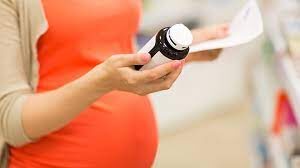
WHEN SHOULD YOU START A FERTILITY DIET?
It is never too early to start thinking about your diet with respect to your future fertility!
If You’re Healthy With No Diagnoses.
We would strongly recommend you take 3 months (as a couple) to focus on your nutrition and lifestyle before starting to conceive.
Why 3 Months? this is because it takes about 90 days for an egg to mature. So that means the eggs that are starting the process of maturation today, will be released in the process of ovulation in 3 months’ time. Nourishing yourself in the 3 months prior is key to supporting optimal egg health and building up critical nutrient stores such as iron, iodine and folate which are needed in early pregnancy in increased amounts.
If you are concerned about your age and how it can effect fertility, book a consultation with one of our expert certified fertility dietitians & nutritionists for individualized nutrition & supplementation advice




